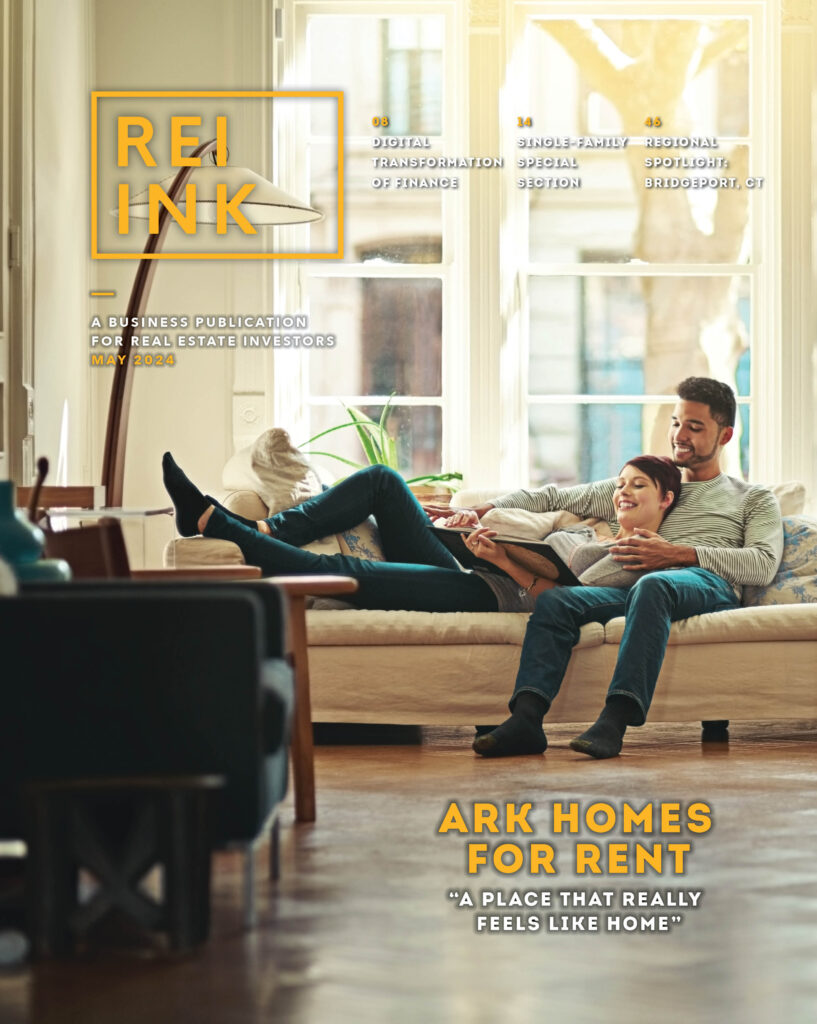Should I Allow Pets in My Rental Properties?

Pet-friendly rentals can mean more revenue, a larger pool of tenants and longer leases.
Making the decision to invest in residential real estate is an excellent step in the right direction toward building wealth. While this is a wise choice, there are many things to consider to get the best return on your investment.
Although many investors consider the obvious, such as where to market and whether to hire a professional property manager, many overlook the not-so-obvious decisions until they are confronted with them.
One of those is whether you should accept pets in your rental properties. Finding quality tenants is a big hurdle, so should you exclude tenants who would otherwise be desirable because they have a pet?
Here are some things to consider as you decide whether your rental property will be pet-friendly?
- Did you know that accepting pets could generate additional revenue for your
investment property?
Most states allow reasonable nonrefundable pet fees and pet rent to be charged to residents who have pets. Be sure to pay attention to the term fee versus the deposit; deposits are refundable. And, always check state statutes to be sure you are in compliance with your fees.
- Can I charge a pet deposit, pet fees or pet rent for residents who have an assistance/service/support animal?
No, you are not able to charge any additional fees to a resident with an assistance/service/support animal.
- If my resident has an assistance/service/support animal and the animal causes damage to my property, can I deduct damage costs from the security deposit?
Yes, if the animal causes damage to the property, you can deduct the cost of repairs from the security deposit. You should process the security deposit as you normally would within your state’s statutory requirements.
- I still have concerns about accepting pets. Even more concerning is determining the validity of assistance/service/support animals (determining the validity of a reasonable accommodation request). Is there any way I can protect myself?
Deciding whether to be pet friendly is a big decision. Should you set parameters on the type of pet, weight, breed restrictions? How do you know if the resident is being truthful about the type of pet they have or if they have a pet at all? How do you know if the pet has bitten anyone or if the pet is housebroken? What about validating animal accommodation requests? Are you confident that you (or your staff) know the allowable questions for validating an accommodation request? Thankfully, like other tools to help make managing rental properties a little less tricky, there is a solution that can help with this too. Thousands of investors and property managers across the country are using Petscreening.com to streamline their pet policies and to handle validating their accommodation requests so they don’t have to worry about asking the wrong questions and end up in a pile of poop.
- Still thinking about whether or not you should accept pets in your rentals?
Maybe this will help: As of 2019, approximately 72% of renters have pets. This is a significant jump from 43% in 2014. However, 55% of landlords do not accept pets. That means 45% of landlords will likely earn 72% of the rental business. How does this affect no-pet rental properties? Having a no-pet policy will likely mean longer vacancy periods and potential for unauthorized pets in your properties. Conversely, being pet friendly can decrease vacancy periods and generate additional revenue. Residents who find pet-friendly housing have an average lease of 26 months versus 18 months for those that are not pet-friendly. So, do you want shorter vacancy periods, more revenue and longer leases? Then you pawsitively should consider being pet friendly.









